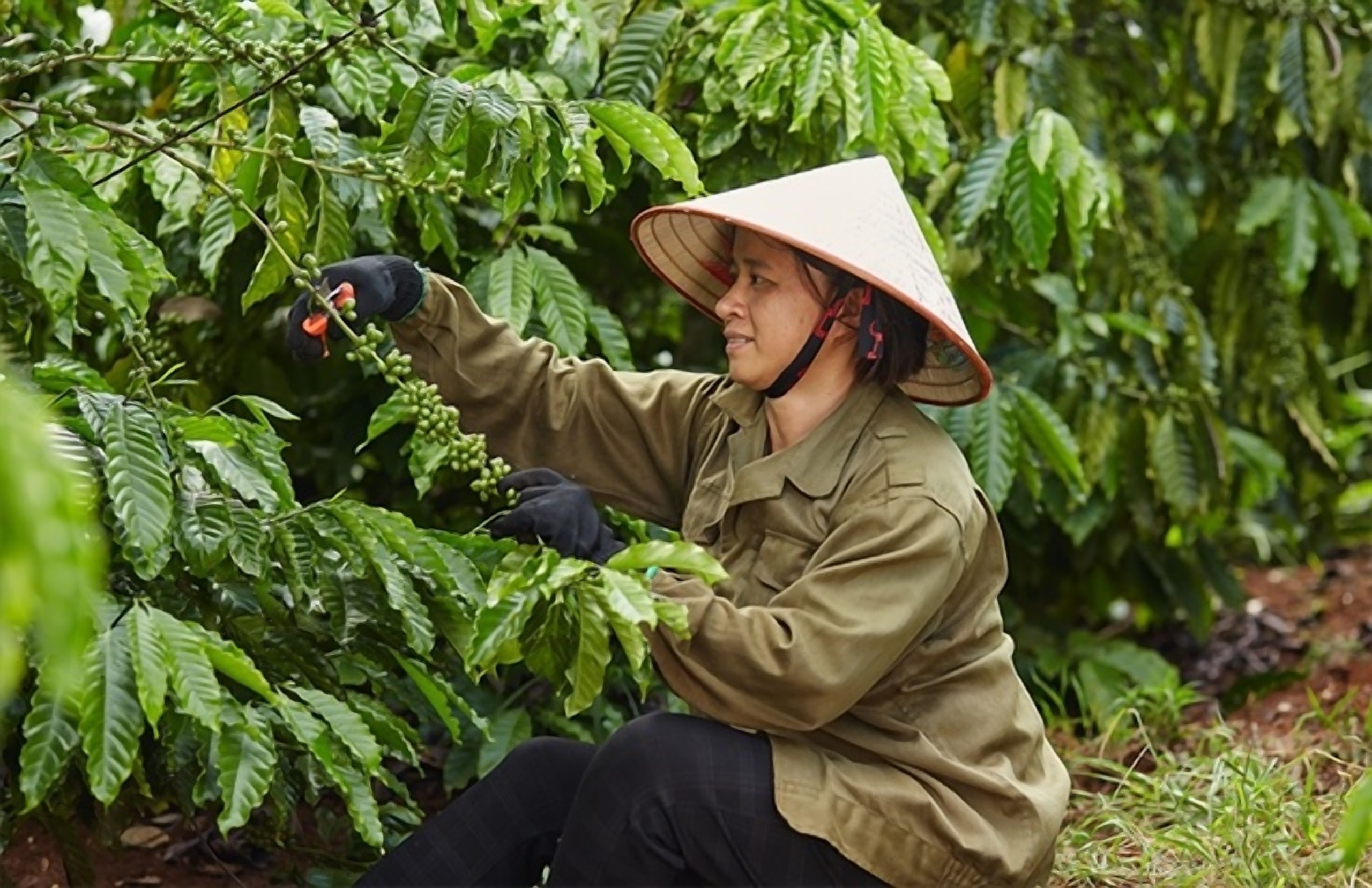Consumer Brands Lead Circular Economy Push

The shift towards a circular economy is gaining momentum globally, including in countries like Việt Nam.
This move from a traditional linear economy is seen as an effective way to sustain economic growth and development while minimising harm to the environment.
Leading the charge in embracing this trend are businesses in the fast-moving consumer goods (FMCG) industry, such as well-known names like Nestlé and Coca-Cola.
Nguyễn Quang Vinh, Vice President of the Vietnam Chamber of Commerce and Industry (VCCI) and President of the Vietnam Business Council for Sustainable Development, says that 90% of Vietnamese FMCG companies have adopted a circular economy model. However, 82% of them are still at a basic or intermediate level of implementation.
The circular economy model supports production and processing businesses in becoming more responsible and efficient. It involves the development of resources, infrastructure, and new technologies to enhance competitiveness, reap benefits from recycling activities, and reduce costs associated with waste and resource exploitation.
This transition also yields positive societal impacts, contributing to better management, an improved living environment, and a shift in community awareness. Despite this progress, Vinh notes that Việt Nam lacks a specific policy or national target programme for the circular economy. Therefore, refining institutions for resource use and environmental protection, especially in this context, is crucial and time-sensitive.
Binu Jacob, General Director of Nestlé Vietnam, highlights the company's commitment to sustainable development. Nestlé Vietnam collaborates with the Ministry of Agriculture and Rural Development to promote regenerative and low-emission agriculture, climate change response, technology transfer, research and development, and digital transformation.
A recent initiative involves sustainable coffee farming, aiming to plant over 2.3 million trees and reduce CO2 absorption and storage by about 4,80,000 tonnes from 2023 to 2027.
Discover an extensive network of ESG providers here
To view and compare company ESG Ratings and Sustainability Reports, visit our Company ESG Profiles page.
Source: Việt Nam

